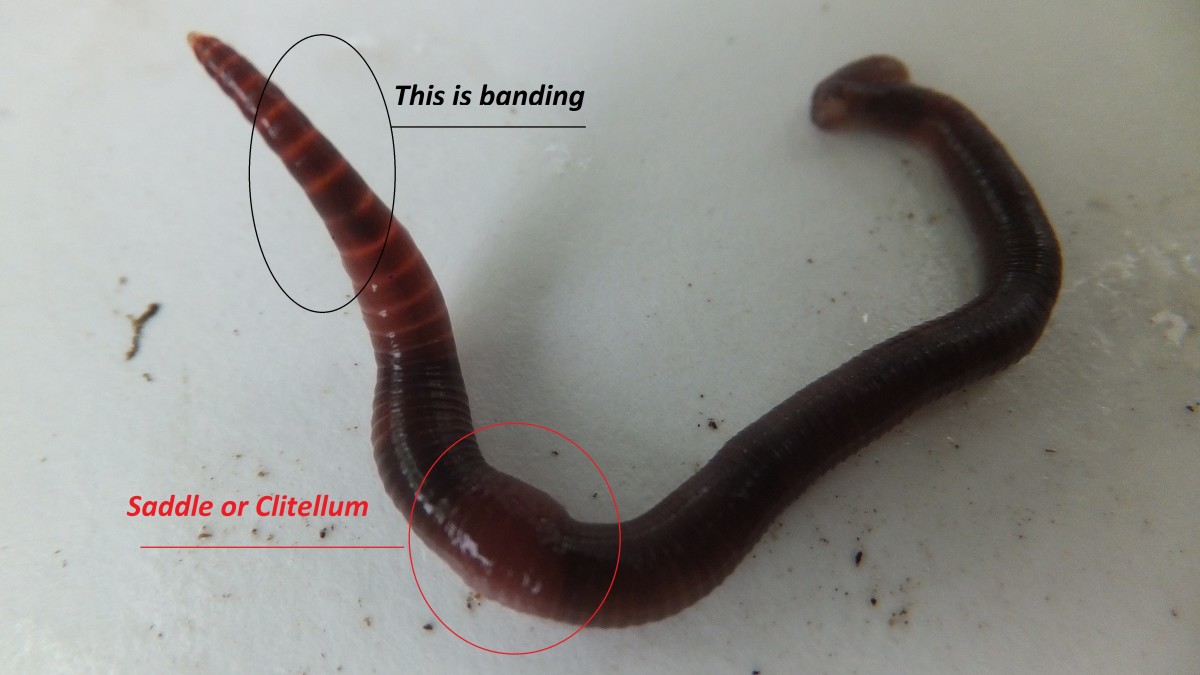The Incredible World of Red Wigglers: Boost Your Soil Fertility Today
The function of red wigglers, or Eisenia fetida, in enhancing dirt fertility is a subject of growing interest among gardeners and farming professionals. These small yet reliable organisms transform natural waste right into important worm spreadings, dramatically improving soil wellness and promoting lasting techniques. As we explore the advantages of vermicomposting and the functional steps to create a reliable worm bin, the possible influence of these worms on your gardening success ends up being increasingly noticeable. Understanding the nuances of their treatment and application may simply transform the way you come close to dirt monitoring. What understandings can be obtained from integrating these amazing creatures right into your gardening regimen?
Comprehending Red Wigglers
Red wigglers, scientifically referred to as Eisenia fetida, are a types of earthworm that play a critical function in enhancing dirt fertility. These worms thrive in organic-rich environments, such as compost heap and decaying plant product, where they eat organic waste and excrete nutrient-dense castings. Their distinct makeup, including a fractional body and a clitellum, allows them to replicate rapidly and efficiently process large quantities of raw material.

The ecological significance of red wigglers extends past plain waste processing; they add to the soil food web, promoting a diverse neighborhood of microbes that better boost dirt health and wellness. Recognizing the biology and actions of red wigglers is necessary for using their full possibility in sustainable farming and gardening techniques.
Advantages of Vermicomposting
The visibility of worm spreadings boosts dirt texture, permitting for much better water retention and drain. Red wigglers help break down natural issue, speeding up decay and recycling nutrients back into the soil.
Vermicomposting additionally promotes microbial activity, which is essential for a healthy and balanced soil ecosystem. Beneficial bacteria flourish in the presence of worm spreadings, aiding in the break down of natural materials and enhancing vitamins and mineral accessibility to plants.
Lastly, vermicomposting works as a reliable waste administration remedy, lowering landfill waste by recycling cooking area scraps and other natural materials. This not only adds to ecological sustainability yet also promotes a circular economic situation within gardening and agriculture.
Exactly How to Establish Up a Worm Bin
Setting up a worm bin is an uncomplicated procedure that can considerably improve your composting initiatives. Begin by choosing an appropriate container, which can range from a readily offered worm bin to a simple plastic or wooden box (Red Wiggler Express). Make certain the container has ample air flow; little holes in Click Here the lid and sides will certainly facilitate air circulation
Next, create a bed linen layer to offer a comfy atmosphere for the red wigglers. This can be made from shredded newspaper, cardboard, or coconut coir, moistened to a damp, sponge-like uniformity. Load the container to around one-third complete with this bedding material.
When the bed linen is prepared, it's time to present the worms. Red wigglers thrive in organic waste, so area them delicately onto the bedding. Cover the worms with a light layer of extra bed linens to help them adjust.
Feeding Your Red Wigglers
Giving the best food for your red wigglers is vital for their health and wellness and the efficiency of your composting system. Red wigglers prosper on a varied diet plan, primarily consisting of organic products such as vegetables and fruit scraps, coffee grounds, and shredded paper. These products not just give important nutrients however also add to the microbial task in the worm bin, which is important for the worms' digestion.
It is essential to stay clear of particular foods, such as dairy products, oils, and meats, as these can bring in pests and produce undesirable odors. In addition, citrus peels and overly hot foods must be restricted because of their possible to hurt the worms. A balanced technique to feeding entails keeping track of the quantity of food presented to the container, making sure that it is eaten within a reasonable period to avoid excess waste build-up.
To promote ideal food digestion, it is beneficial to slice or shred larger food things prior to adding them to the bin. This technique increases the area for microbial action, assisting in quicker decomposition and enhancing the general effectiveness of your composting system. On a regular basis observing the worms' feeding practices will certainly assist you readjust their diet as essential.
Using Worm Castings in Your Garden

To take full advantage of the advantages, goal to use around one part worm spreadings to 3 parts soil in your planting beds. Regular applications can result in enhanced crop returns and much healthier plants, making worm spreadings a vital resource for both novice and experienced gardeners alike. By utilizing this natural amendment, you can grow a flourishing yard while adding to lasting gardening techniques.
Final Thought
Finally, red wigglers exhibit the vital role of vermicomposting in enhancing soil fertility. Their ability to convert organic waste into nutrient-rich spreadings significantly enriches dirt framework and sustains microbial variety. Establishing a vermicomposting system not just advertises sustainable gardening practices yet additionally contributes to ecological wellness. By leveraging the advantages of these amazing organisms, gardeners can grow much more efficient and resistant environments, inevitably fostering a more sustainable technique to farming and cultivation.
Comments on “Get Your Lawn in Top Shape with the Help of Lake Hickory Bait Grass Care Solutions”